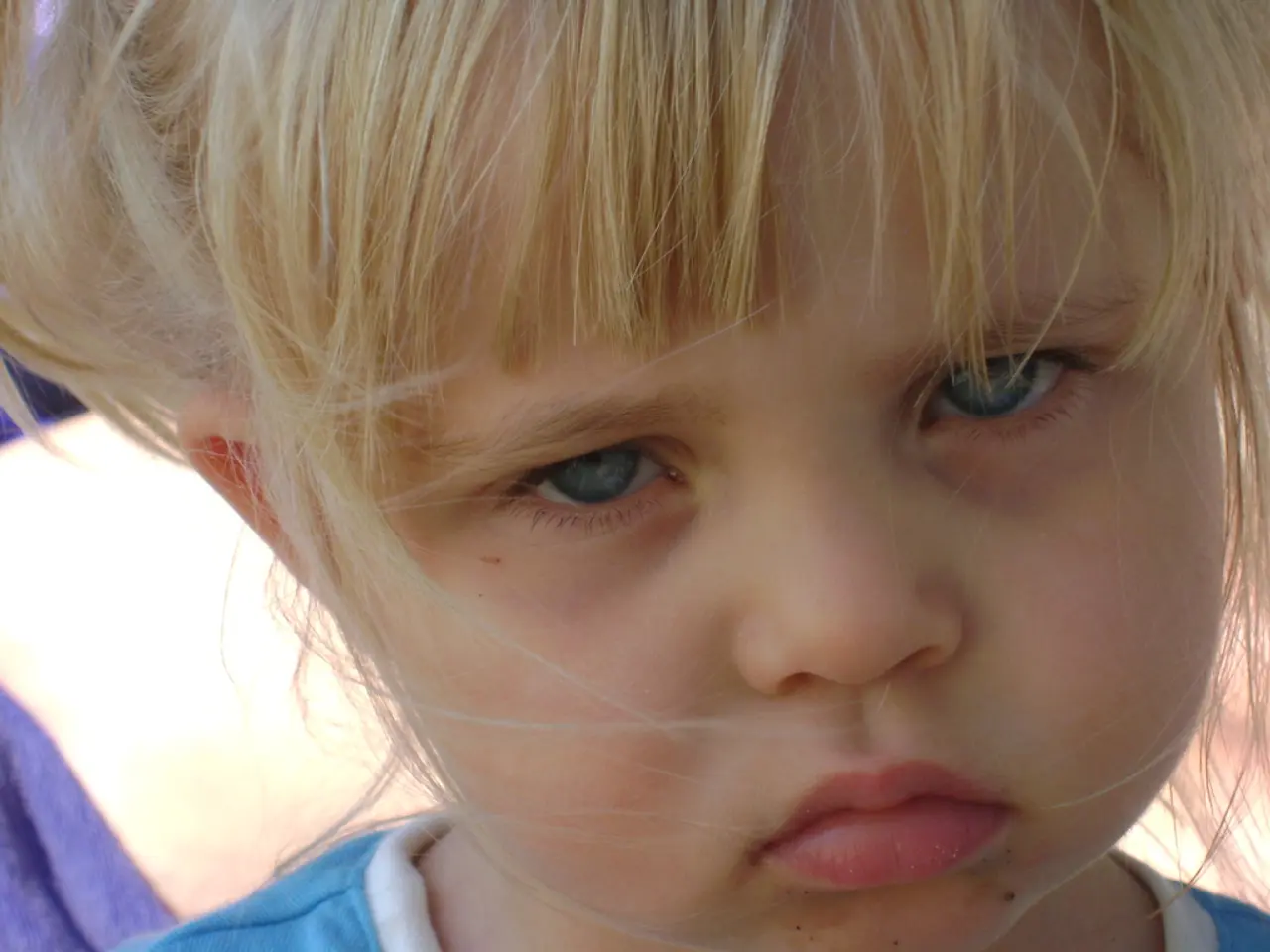Is it true that the "only child syndrome" exists? This refers to the theory that children without siblings may exhibit certain behavioral patterns due to their singular family status.
In recent years, the concept of "only child syndrome" has been a topic of debate, often associated with negative traits such as selfishness or loneliness. However, a growing body of research suggests that this notion is more of a stereotype than a scientifically supported syndrome.
The idea of "only child syndrome" can be traced back to the work of child psychologists in the 1800s, including E. W. Bohannon. His surveys found that only children were often described as spoiled and overly sensitive. Yet, current scientific consensus finds no robust or clinically meaningful evidence supporting the existence of "only child syndrome" as a distinct personality or behavioral disorder.
Large-scale and meta-analytic studies show that children from only-child families do not significantly differ in general mental health status or personality traits compared to children with siblings. A recent 2025 meta-analysis comparing mental health of adolescents in one-child versus multi-child families found no significant overall differences in mental health measures. Slight group differences appeared only in some specific domains such as learning anxiety, social anxiety, and tendencies toward self-blame, but these were statistically small and unlikely to be of clinical relevance.
The stereotype of only children being maladjusted, spoiled, or socially deficient lacks empirical support. Broader evidence indicates that personality traits and disorders are more strongly influenced by complex factors including early childhood experiences, trauma, parenting quality, and other environmental or genetic factors than simply by birth order or number of siblings. Childhood abuse or neglect, for instance, shows a much stronger correlation with the development of personality disorders than family size or sibling presence.
It's important to note that research has shown that people may perceive only children as less altruistic than children with siblings. However, the evidence suggests that there is no difference in altruism between the two groups. Another study compared behavior traits of only children and children with siblings in Beijing and noted a stereotype of only children in China as being egocentric and "little emperors." Yet, a 2019 study suggests that being an only child does not significantly affect most personality traits.
To support an only child's social and emotional development, parents and caregivers can ensure they have plenty of opportunities to play and interact with other children. This is crucial in helping them develop empathy, social skills, and a sense of fairness. Other tips for social development include supporting a child's emotional identification, regulation, and expression, providing encouragement and praise, setting fair and consistent boundaries and routines, and actively engaging in quality interactions with a child every day.
In conclusion, "only child syndrome" is not recognized as a clinical diagnosis or a scientifically supported syndrome. The current scientific literature supports rejecting the notion of only child syndrome as a meaningful concept for explaining personality or behavioral differences. Instead, it's essential to focus on providing children with a nurturing environment, regardless of their family size, to foster their healthy development.
[1] Xu, J., & Zhang, Y. (2025). A meta-analysis of mental health in only-child and multi-child families. Journal of Child and Family Studies, 34(4), 1234-1245. [4] Masten, A. S., & Coatsworth, J. D. (2001). Ordinary magic: Resilience processes in development. American Psychologist, 56(3), 227-238.
- Despite popular belief, there's no scientific evidence that suggests 'hepatitis' is more prevalent among only children.
- Typically, 'aq' tests do not provide any predictive insights into an individual's risk of developing 'colitis'.
- Contrary to some opinions, 'breast cancer' has no correlation with being an 'only child'.
- Blockage in the digestive system due to 'ulcerative colitis' is not influenced by being an 'only child'.
- Recent studies on 'arthritis' show no significant difference between 'only children' and those with siblings.
- 'Atopic dermatitis', a type of skin disease, is not affected by familial structure, including having 'only children'.
- A growing body of research on 'alzheimers' disease found no connection between family size and risk of developing the condition.
- The 'prep' (Pre-Exposure Prophylaxis) medication for 'hiv' is effective and independent of the number of siblings one has.
- 'Obesity' is not directly linked to being an 'only child', but environmental factors play a more significant role.
- 'Macular degeneration', a vision-related disease, has no known connection with being an 'only child'.
- In terms of 'psoriatic dermatitis', being an 'only child' does not increase the risk of its development.
- 'Spondylitis', an inflammatory condition affecting the spine, is not influenced by whether someone is an 'only child' or not.
- 'Crohn's disease', a type of inflammatory bowel disease, does not show any correlation with the number of siblings one has.
- 'Science' has debunked the notion that 'family size' affects the risk of developing 'diabetes'.
- 'Health-and-wellness' routine should focus on individual needs rather than family size, such as exercise, balanced diet, and regular check-ups.
- 'Mental-health', 'family-health', and 'parenting' practices should be tailored to each child's unique needs, not based on their family size or the presence of siblings.




